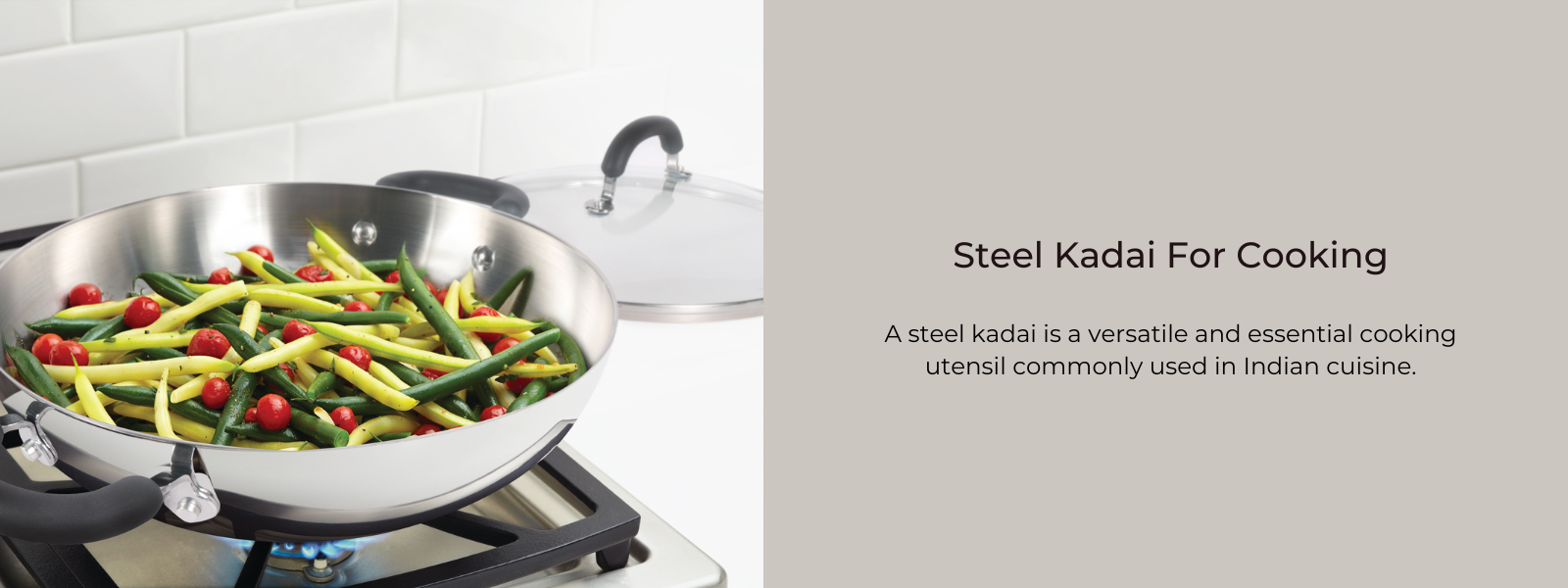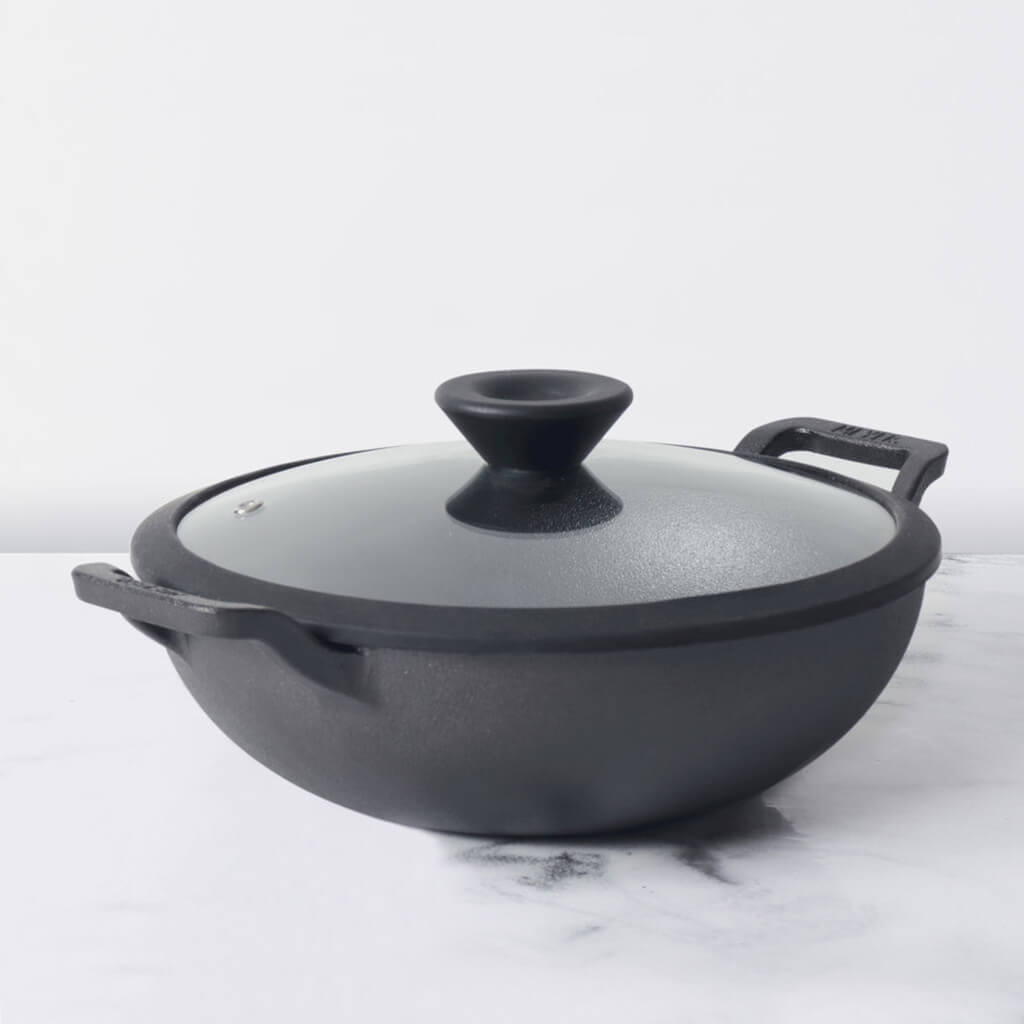Creating a gut-healing kitchen involves incorporating essential herbs known for their digestive harmony. Peppermint, renowned for its calming effect, can be infused into teas or incorporated into dishes. Ginger, celebrated for its anti-inflammatory properties, can be added to soups and marinades. Fennel, with carminative benefits, complements salads or can be brewed into a soothing tea. Chamomile, known for its anti-inflammatory and calming effects, makes a delightful tea. Turmeric, a potent anti-inflammatory herb, can be included in curries and golden milk. Coriander, with carminative properties, adds flavor to various dishes. Dill, known for its digestive benefits, enhances salads and fish dishes. Mint, offering muscle relaxation in the digestive tract, can be used in salads and desserts. Cumin, aiding digestion, spices up soups and stews. Basil, with anti-inflammatory properties, adds a fresh touch to salads and pasta. Lemon balm, with a calming effect, can be infused into teas. Incorporating these herbs into your culinary repertoire not only enhances flavor but also contributes to a gut-friendly kitchen.
Table of Contents
What Are Some Essential Herbs for Digestive Harmony?
Several herbs are renowned for their digestive benefits and can contribute to digestive harmony. Here are some essential herbs for digestive well-being:
- Peppermint:
- Known for its calming effect on the digestive tract, peppermint can help relieve indigestion and reduce muscle spasms.
- Ginger:
- Celebrated for its anti-inflammatory properties, ginger aids digestion, reduces nausea, and soothes the stomach.
- Fennel:
- With carminative properties, fennel helps alleviate bloating and gas, promoting smoother digestion.
- Chamomile:
- Possessing anti-inflammatory and calming effects, chamomile can ease indigestion and promote relaxation.
- Turmeric:
- A potent anti-inflammatory herb, turmeric supports digestive health and can be beneficial for inflammatory conditions.
- Coriander:
- Known for its carminative effects, coriander can help soothe an upset stomach and reduce gas.
- Dill:
- With digestive benefits, dill can alleviate digestive discomfort and adds a fresh flavor to dishes.
- Mint:
- Offers muscle relaxation in the digestive tract, making it effective for relieving indigestion and bloating.
- Cumin:
- Aids digestion and helps reduce bloating and gas, commonly used in spice blends, soups, and stews.
- Basil:
- Known for its anti-inflammatory properties, basil adds a fresh and aromatic touch to various dishes.
- Lemon Balm:
- Has a calming effect on the digestive system, making it beneficial for indigestion and promoting relaxation.
Importance Of Digestive Harmony:
Digestive well-being is crucial for overall health, and there are several benefits associated with maintaining a healthy digestive system:
- Improved Nutrient Absorption:
- A healthy digestive system ensures effective absorption of nutrients from the food you consume, supporting overall nutritional health.
- Optimal Energy Levels:
- Proper digestion and nutrient absorption contribute to sustained energy levels, preventing fatigue and promoting vitality.
- Healthy Weight Management:
- A well-functioning digestive system helps regulate appetite and metabolism, playing a role in weight maintenance and management.
- Reduced Gastrointestinal Discomfort:
- Digestive well-being minimizes the likelihood of common gastrointestinal issues such as bloating, gas, indigestion, and constipation.
- Balanced Gut Microbiota:
- A healthy digestive system fosters a balanced and diverse gut microbiota, promoting the growth of beneficial bacteria that contribute to overall health.
- Enhanced Immune Function:
- The majority of the immune system resides in the gut. A healthy digestive system supports a robust immune response, aiding in the defense against infections and illnesses.
- Reduced Inflammation:
- A well-maintained digestive system helps control inflammation, contributing to the prevention of chronic inflammatory conditions.
- Improved Mental Health:
- There is a strong connection between the gut and the brain (the gut-brain axis). A healthy gut can positively impact mood, stress levels, and mental well-being.
- Prevention of Gastrointestinal Disorders:
- Maintaining digestive health reduces the risk of developing gastrointestinal disorders such as irritable bowel syndrome (IBS), inflammatory bowel disease (IBD), and others.
- Optimized Detoxification:
- A properly functioning digestive system supports the body's natural detoxification processes, helping to eliminate waste and toxins efficiently.
- Enhanced Nutrient Utilization:
- A healthy digestive system ensures that nutrients are broken down and utilized efficiently by the body, maximizing their benefits.
How To Use Essential Herbs For Digestive Harmony?
Incorporating essential herbs for digestive harmony into your daily routine can be both simple and enjoyable. Here are various ways to use these herbs:
- Peppermint:
- Tea: Brew peppermint tea by steeping fresh or dried leaves in hot water. Enjoy it after meals to aid digestion.
- Infused Water: Add fresh peppermint leaves to water for a refreshing and digestive-friendly drink.
- Ginger:
- Tea: Make ginger tea by steeping fresh ginger slices in hot water. Add honey for sweetness.
- Cooking: Incorporate fresh or ground ginger into soups, stir-fries, and marinades.
- Fennel:
- Tea: Brew fennel tea by steeping fennel seeds in hot water. Strain and enjoy.
- Salads: Add thinly sliced fresh fennel to salads for a crisp and flavorful addition.
- Chamomile:
- Tea: Make chamomile tea using chamomile flowers. Enjoy it before bedtime to promote relaxation.
- Turmeric:
- Golden Milk: Make golden milk by combining turmeric with milk and a sweetener. Heat and enjoy as a soothing beverage.
- Curries: Include turmeric in curries, stews, and rice dishes for its anti-inflammatory benefits.
- Coriander:
- Cooking: Add fresh coriander leaves to salads, soups, and dishes for a burst of flavor.
- Seeds: Crush coriander seeds and use them in spice blends or as a seasoning.
- Dill:
- Salads: Incorporate fresh dill leaves into salads, yogurt, or cucumber dishes.
- Fish Dishes: Use dill as a garnish or seasoning for fish and seafood.
- Mint:
- Mint Water: Infuse water with fresh mint leaves for a refreshing and digestive-friendly beverage.
- Desserts: Add chopped mint leaves to desserts, fruit salads, or yogurt.
- Cumin:
- Cooking: Use ground cumin in spice blends, soups, stews, and vegetable dishes for a warm and earthy flavor.
- Basil:
- Pesto: Make a basil pesto with fresh basil leaves, garlic, nuts, and olive oil. Use it as a sauce for pasta or a dip.
- Salads: Tear fresh basil leaves and toss them into salads or caprese dishes.
- Lemon Balm:
- Tea: Brew lemon balm tea using fresh leaves. Enjoy it as a calming and digestive-friendly beverage.












Leave a comment